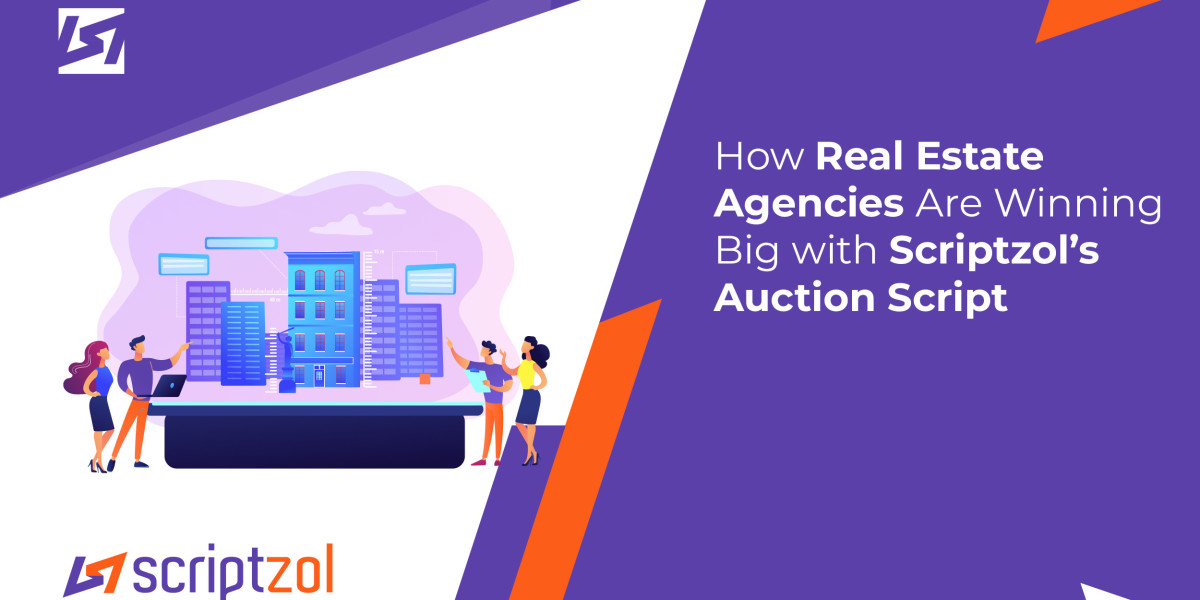If you're dreaming of Australian permanent residency (PR), there’s one thing you absolutely cannot skip—the VETASSESS skill assessment.
Let me be honest with you:
No matter how skilled you are, how many years of experience you have, or how good your job offer is—you won’t get PR without a positive VETASSESS assessment.
I’ve seen too many people—smart, hardworking professionals—get their hopes crushed because they didn’t take this step seriously.
So in this article, I’ll explain why your Australian PR depends on a successful VETASSESS assessment, what you need to do right, and how to avoid the most common mistakes.
What Is the VETASSESS Assessment?
VETASSESS is one of Australia’s official skills assessing authorities for vocational and technical occupations.
They check whether your education and work experience match Australian standards for your job.
If you’re applying for skilled migration visas like:
- Subclass 189 (Skilled Independent)
- Subclass 190 (State Nominated)
- Subclass 491 (Regional)
…then you likely need a VETASSESS assessment.
And without a positive outcome, your visa application will be rejected.
It’s that simple.
Why Your PR Depends on This One Step
Here’s the truth: The VETASSESS skill assessment is the foundation of your PR journey.
Everything else—your visa application, points test, job offers—comes after this.
If your assessment fails, nothing else matters.
✅ 1. It’s the First Gatekeeper
Before you even apply for a visa, you must prove your skills are recognized in Australia.
VETASSESS is that proof.
Immigration (Home Affairs) won’t process your PR application without a valid skills assessment.
✅ 2. It Confirms Your Job Is Eligible
Not all jobs qualify for PR.
VETASSESS checks if your occupation is on the Skilled Occupation List (SOL) and whether your experience matches the ANZSCO code.
Choose the wrong code? Your application fails.
✅ 3. It Proves You’re Not Just “Experienced”—You’re Qualified
Australia doesn’t just want workers. They want professionals who meet national standards.
VETASSESS looks at:
- Your qualifications
- Your job duties
- Your employment history
- Your English language ability
They want to see that you’re not just doing a job—you’re doing it the Australian way.
Real-Life Example: How One Mistake Cost a Friend His PR Dream
Let me tell you about my friend, Ahmed.
He worked as an office manager in Dubai for 6 years. Strong experience. Great references.
He applied for a Subclass 190 visa through VETASSESS.
But he made one mistake:
He applied under 131111 – Office Manager, but his job duties didn’t fully match the ANZSCO description.
He didn’t supervise staff. He didn’t manage budgets. He mostly handled admin tasks.
VETASSESS rejected his application.
He had to start over—this time under 541211 – Administration Officer.
It took an extra 5 months, cost him more money, and delayed his PR.
All because he didn’t match the code correctly.
What You Need for a Successful VETASSESS Assessment
Here’s how to get it right the first time:
✅ 1. Pick the Right ANZSCO Code
This is the most important step.
Go to the ABS ANZSCO website and find the code that exactly matches your job duties.
Ask yourself:
“Do I do at least 80% of the tasks listed?”
If not, keep looking.
Common jobs assessed by VETASSESS include:
- Chef (351211)
- IT Support Technician (313111)
- Childcare Worker (421511)
- Cook (351111)
- Office Manager (131111)
Always check the latest Skilled Occupation List .
✅ 2. Submit Strong Employment Letters
Your reference letters must be detailed.
Each should include:
- Your full name and job title
- Employment dates (start and end)
- Full-time or part-time status
- Detailed list of duties (match them to the ANZSCO code)
- Employer’s contact info and signature
No vague statements like “He was a good worker.”
That will get you rejected.
✅ 3. Prove Paid, Relevant Work Experience
Voluntary work doesn’t count.
Internships without pay? Usually not accepted.
You need at least 1 year of paid, skilled work in the last 5 years—or 3+ years of total experience.
And it must be in the same field as your nominated job.
✅ 4. Meet English Language Requirements
If your qualification wasn’t taught in English, you’ll need to submit test results like:
- IELTS (minimum 4.5 in each band)
- PTE, TOEFL, or OET
Check VETASSESS’ current requirements before applying.
Recent News: VETASSESS in 2025
In 2025, VETASSESS has tightened its rules to reduce fraud and ensure quality:
- Stricter employer verification – They now contact employers directly to confirm your role.
- No AI or copied content – Plagiarism checks are stronger. Copying sample reports leads to instant rejection.
- Focus on recent experience – Work done in the last 3–5 years carries more weight.
- Faster processing for complete applications – 6–10 weeks if everything is in order.
This means you must be honest, accurate, and thorough.
Common Reasons for Rejection
❌ Wrong ANZSCO code
❌ Vague or incomplete reference letters
❌ Not enough relevant work experience
❌ Missing documents or low-quality scans
❌ Using AI or copied content
Don’t let your PR dream fall apart over avoidable mistakes.
Final Thoughts
Your Australian PR doesn’t start with the visa application—it starts with the VETASSESS skill assessment.
Pass it, and you’re on the path to permanent residency.
Fail it, and everything stops.
So take it seriously.
Double-check your ANZSCO code.
Get strong reference letters.
Be honest about your role.
Because this one assessment isn’t just paperwork.
It’s the key that unlocks your future in Australia.
Author Bio:
This article was written by a migration advisor who has helped over 100 skilled workers through the VETASSESS assessment process. With real-world experience and up-to-date knowledge of 2025 rules, our goal is to give you simple, honest advice—no jargon, no fluff. Just real tips from someone who’s been in your shoes.



